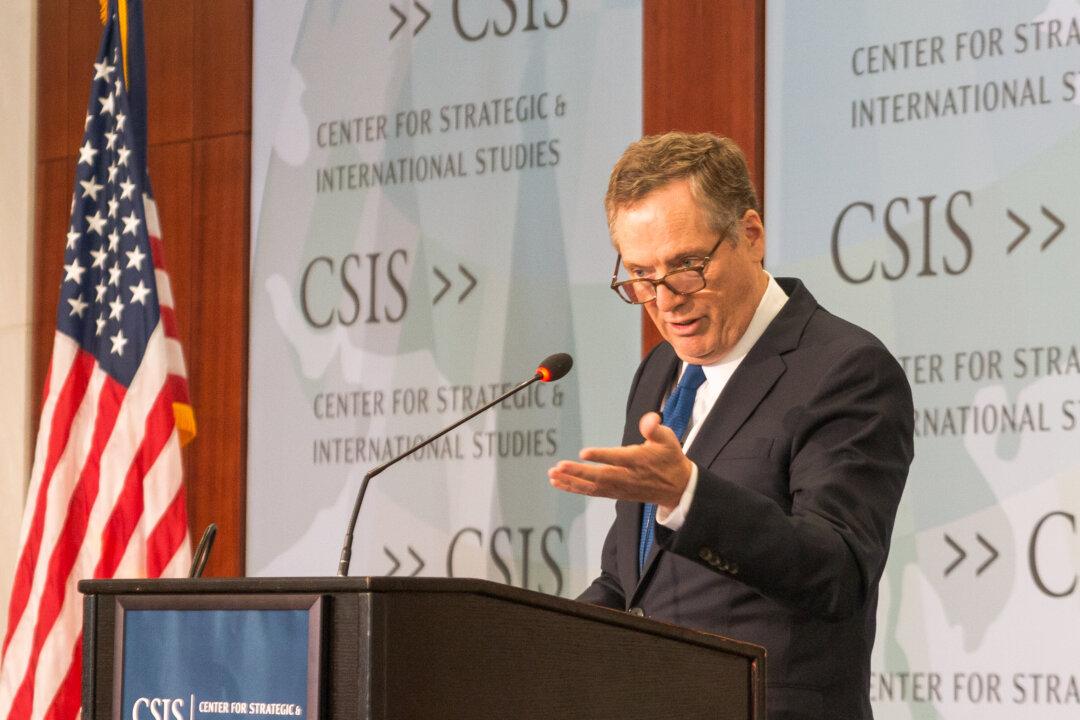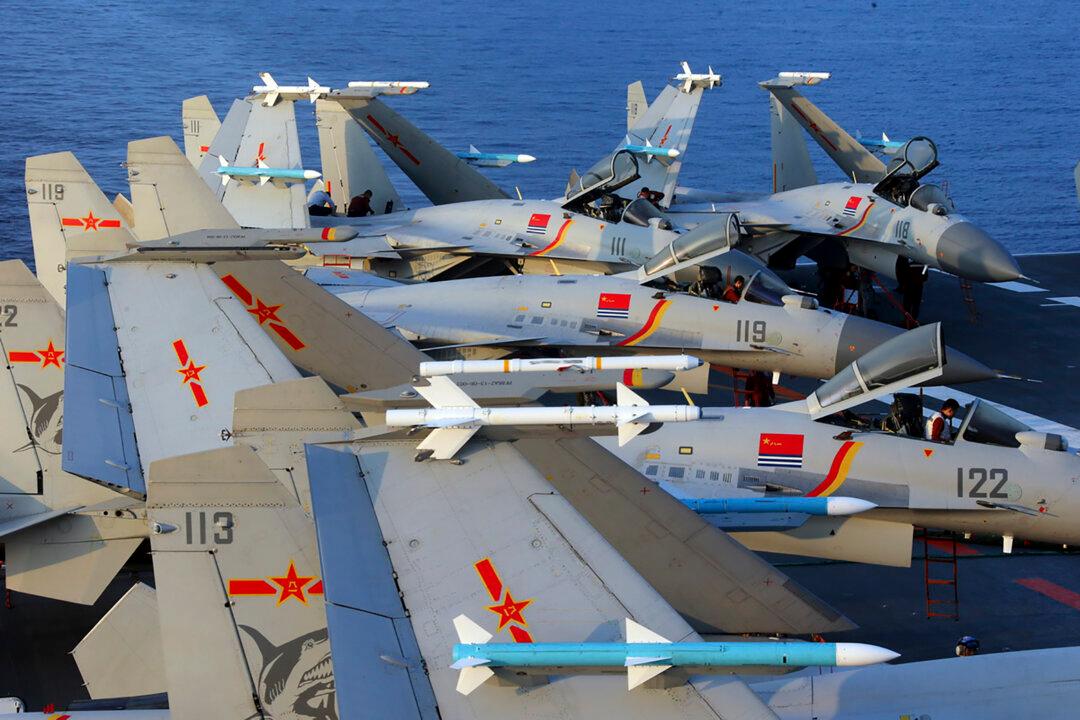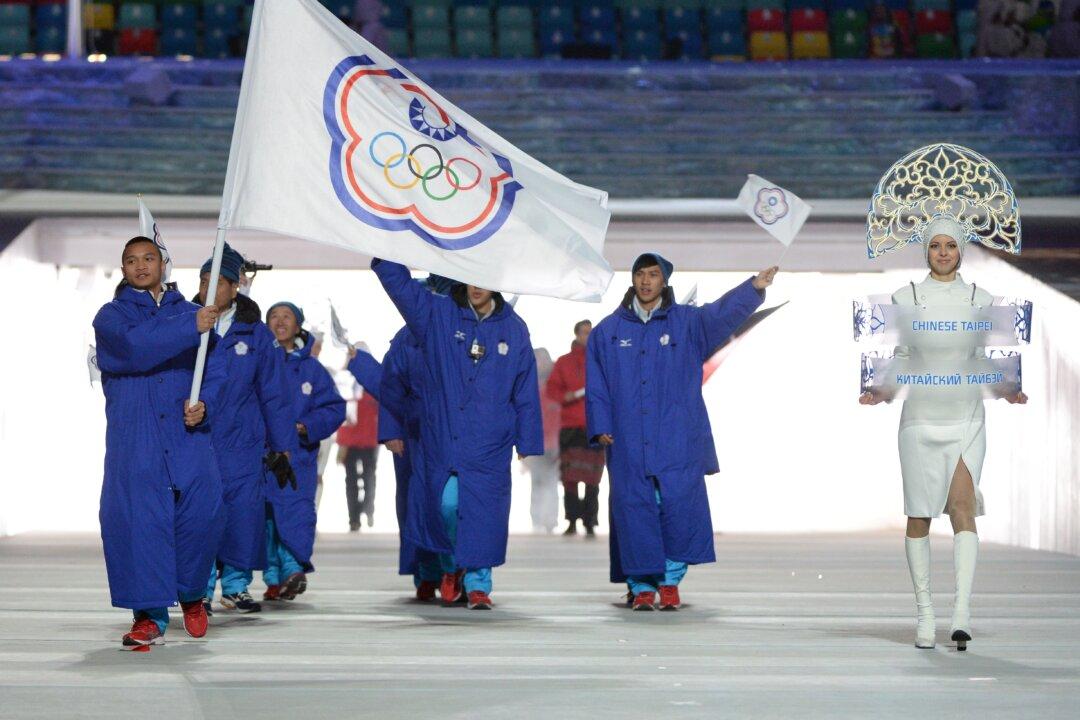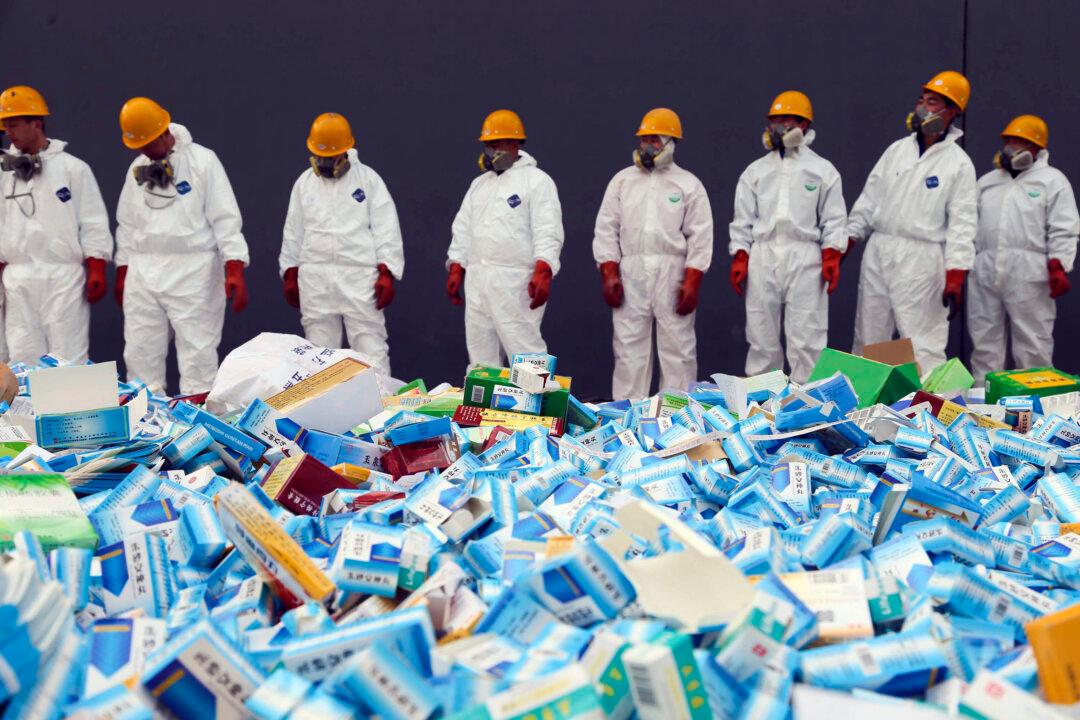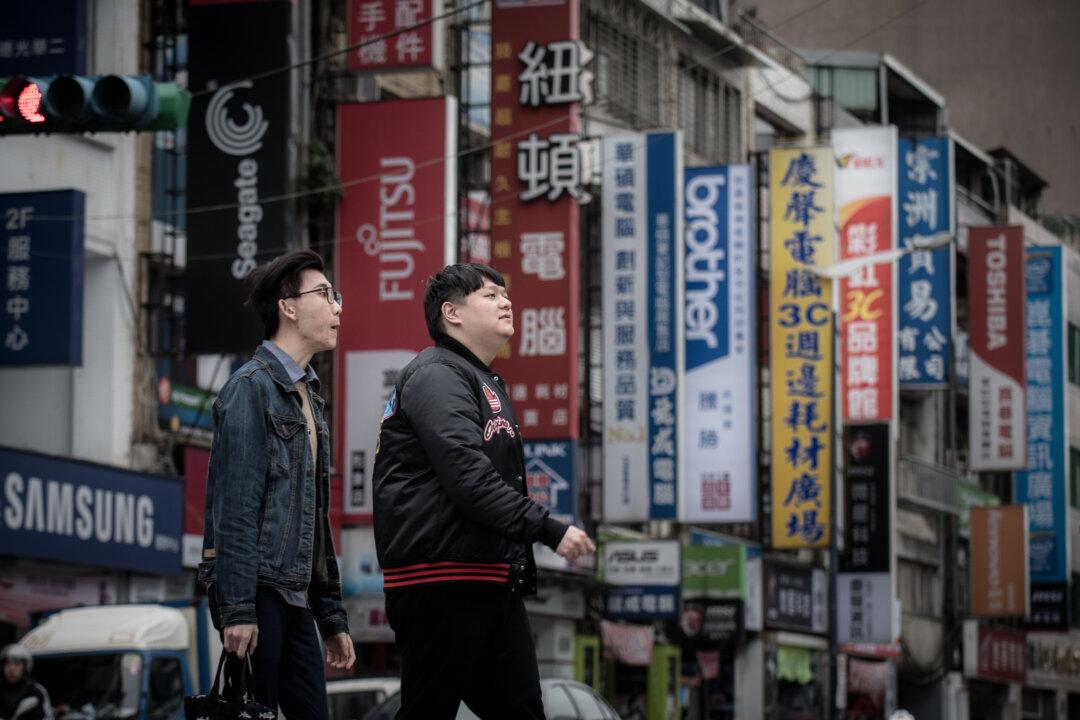WASHINGTON—China’s manipulative trade practices and economic model represent an “unprecedented threat” to the world’s market-based economy and U.S. interests, said U.S. Trade Representative Robert Lighthizer, in a speech on Sept. 18.
It was the first major public speech given by Lighthizer, a long-term critic of China’s trade practices against the United States. Lighthizer told a crowd of over a hundred at the Center for Strategic and International Studies that China represents the one challenge facing the administration that is “substantially more difficult than those faced in the past.”
